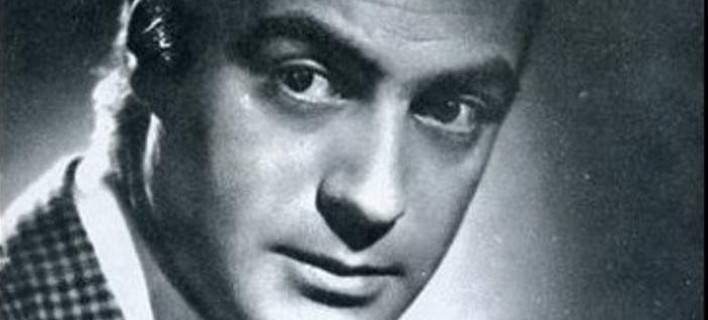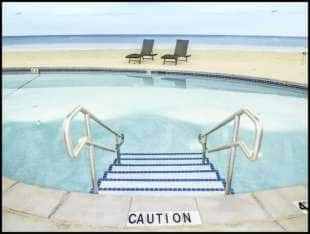Bob Santos, a beloved minority-rights activist who worked to preserve Seattle’s Chinatown International District as part of the city’s trailblazing, multicultural “Gang of Four,” died Saturday, friends said. He was 82.
Mr. Santos, known widely as “Uncle Bob,” had been hospitalized in recent weeks, said Metropolitan King County Councilmember
Larry Gossett, the last surviving member of the diverse group of community leaders who galvanized civil rights in the region in the late 1960s and 1970s, and battled government and developers over issues from land use to poverty.
“It’s a great loss,” said Gossett, 71, an African American who organized dozens of Black Student Union groups. “When we celebrate his life, it’s going to be a life worth celebrating.”
“Bob Santos touched countless lives across every race, ethnicity, gender, gender identity and age in Seattle,” Mayor Ed Murray said in a statement late Saturday. “He was everyone’s ‘uncle’ because of his universal and unwavering friendship, and he was a hero to many marginalized Seattleites who he tirelessly advocated for … and our city is much greater because of his life.”
Born and raised in Seattle’s Chinatown in the 1930s, Mr. Santos was the son of a Filipino immigrant father and a Native American-Filipino mother. He was drawn to social justice issues early in life by the teachings of the Catholic Church, according to a University of Washington oral-history account.
He spent most of his life working to bring diverse cultures and communities together, serving as a liaison between other community activists, business leaders and government agencies, friends said. Sometimes, he used a bullhorn. Other times, he relied on the quiet knowledge of an insider.
“He had many facets,” said Tomio Moriguchi, owner of Uwajimaya, an Asian food company, who knew Mr. Santos for more than 50 years. “He was a friendly guy and respected. He had the political charm. It’s going to be very difficult to replace somebody like that.”
Mr. Santos’ greatest asset was his sense of humor, Gossett said. “His humor — and his ability to get things done,” he added.
By the mid-1960s, the International District had become what Santos called a ghetto. Interstate 5 had carved up the area and forced several businesses to be razed. Shootings and assaults were frequent.
A group of business owners came together to forge change, and Mr. Santos served as the executive director of the International District Improvement Association in the mid-1970s to late 1980s.
He lost his campaign to serve on the King County Council, worked for U.S. Rep. Mike Lowry and supervised the Seattle Chinatown/International District Preservation Authority, which worked to ensure that the neighborhood remained affordable and desirable. He was a regional director of the U.S. Department of Housing and Urban Development from 1994 to 2001.
“We had to be alert to the kind of development that would have destroyed the community,” Mr. Santos told The Seattle Times
in a 2005 interview. “You don’t see a prison, a work-release center, an energy-treatment plan. We were able to build housing for seniors and working families.”
Said King County Executive Dow Constantine in a statement Saturday, “Seattle would look much different if not for Bob.”
Born in 1934, Mr. Santos served in the Marines after high school in the early 1950s. After his discharge in 1955, he got a job at Boeing’s Renton plant.
He married his first wife, Anita Agbalog, in 1956 and had six children, historical accounts say. He was married briefly to Nina Sullivan. In 1992, he married Sharon Tomiko.
State Rep. Sharon Tomiko Santos, a Democrat, was first elected as a lawmaker in 1998.
Memorial plans are pending.
Material from The Seattle Times archives is included.
http://www.seattletimes.com/seattle-news/obituaries/uncle-bob-santos-legendary-civil-rights-activist-dies-at-82/































































